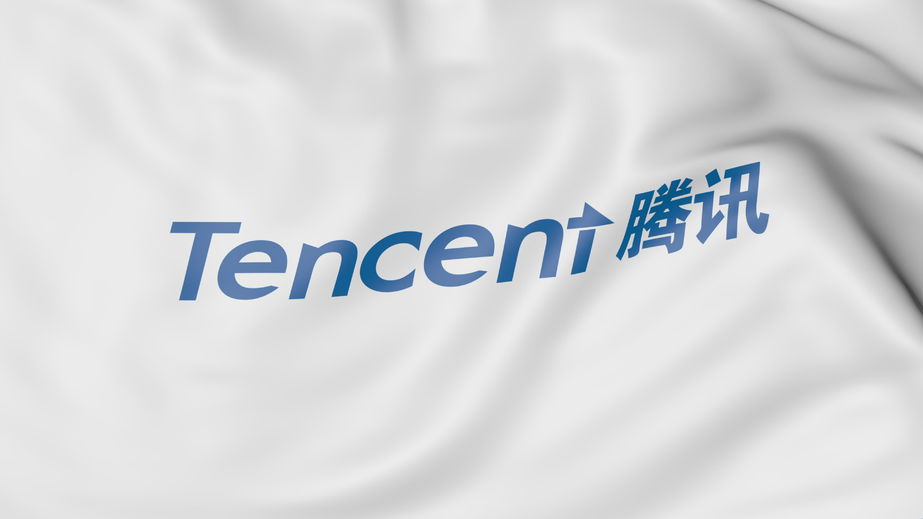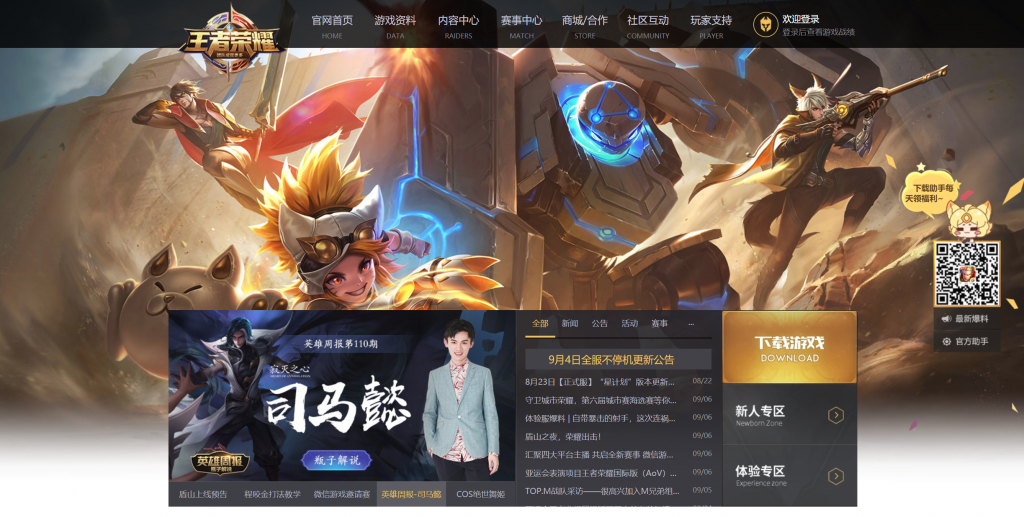Tencent’s Honour of Kings (王者荣耀), which spawned international edition Arena of Valor, has long been one of the world’s highest-grossing mobile games. But the multiplayer offering’s allegedly addictive popularity has also proved a burden, with state media outlet People’s Daily labeling it “poison.” In an attempt to improve the “Honour of Kings health system,” yesterday evening Tencent announced a real-name registration requirement that will apply to all China users.
In a way, the Weibo post by Tencent Games’ official account is nothing new. On September 15, Tencent had already begun conducting “the strictest real-name checks” for all new Honour of Kings users, and by October 16, the company started linking its existing users into a “public security authority data platform.” But yesterday’s announcement marked the first time that Tencent has required rather than suggested all users verify their real names. According to the company, the change has been implemented in Beijing already, with other areas to follow.
Players using a Beijing IP address will be prompted to complete the real-name verification process or be forbidden from logging in. All local game accounts will also be cross-checked with the government data platform.
The measures are largely intended to crack down on minors who use alternate accounts or otherwise circumvent Honour of Kings’ current restrictions: users 12 and under can only play one hour per diem during daylight hours, while 13 to 17-year-olds are allowed two. Under the new rules, a minor’s real-name information can only be used to register one gaming account across both WeChat and QQ.
In the future, Tencent plans to integrate more of its gaming products into the public security authority platform.
Real-name requirements are only one measure Tencent deploys to deter minors from gaming too much. It’s also testing out facial recognition as an additional verification measure on Honour of Kings, although that feature has yet to see an official launch.
The company’s efforts to appease authorities have made a cut into its gaming profits – Tencent stocks hit a 15-month low earlier this month – and potentially even players’ privacy. But in its furious efforts to address potential addiction, it’s certainly setting new precedents for the gaming industry.








